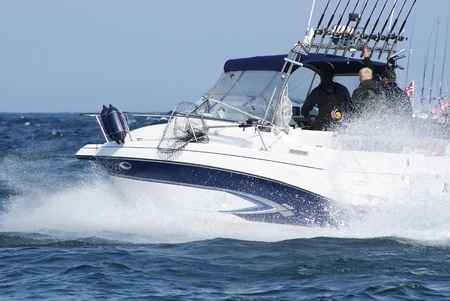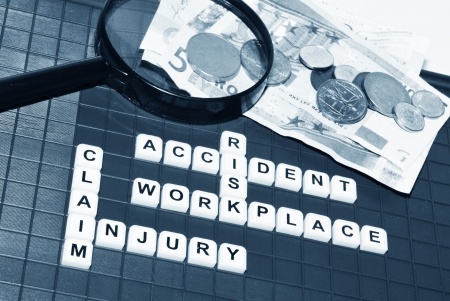 Purchasing a boat is a substantial investment. In addition to the purchase price of the boat itself, most boat owners also pay for slip fees, fuel, various other costs associated with equipping and maintaining the boat, and insurance.
Purchasing a boat is a substantial investment. In addition to the purchase price of the boat itself, most boat owners also pay for slip fees, fuel, various other costs associated with equipping and maintaining the boat, and insurance.
Just like car insurance, a good boat insurance policy will protect your finances should your boat be damaged. It will also protect you against damage or injury you cause to other parties. Typically, any boat that is 26 feet or less can be covered under boat insurance. If you own a larger vessel, it may need to be covered under a "yacht" insurance policy. Keep in mind that most building insurance or homeowner policies do not cover boats, so a separate boat insurance policy is essential.
There are a few things to keep in mind when purchasing insurance for your boat.
The differences Between "Actual Cash Value" and "Agreed Value"
There are generally two types of coverage when it comes to boats - agreed value and actual cash value which is also referred to as market value. Here is how they differ.
- Agreed Value - You and your insurer agree on the value of your boat and this is signed into your contract. If your boat is stolen or damaged then you will get paid up to the amount you agreed upon.
- Actual Cash Value - If your boat is damaged, you will get paid what your boat is currently worth on the market. This means you will not receive 2014 prices for a 2009 boat. Because payouts are based on the boat’s actual cash value, you will often pay a little less on these types of policies.
Liability Coverage
Insurance for your boat can cover not just your boat if it is damaged or stolen, it can also cover you in situations where you are responsible for damage to another person's boat or if an injury occurs due to negligence on your part. In addition, it will cover any damage that occurs while your boat is stored or docked somewhere. For example, if your boat is in storage or at a dock and catches fire and causes damage to the surrounding buildings or other boats, this may be covered by your boat insurance.
In cases where your boat is damaged while being towed behind a vehicle or is stored on your property, then you will be covered by either car insurance or homeowners insurance. Having said this, because boats are moved around a lot and because they increase your liability risk, you may want to consider adding another layer of liability protection called a personal umbrella liability policy.
Another consideration when purchasing boat insurance is coverage for uninsured boat owners. This coverage typically will pay damages you or a family member are legally entitled to receive from an uninsured owner or operator of a watercraft, if bodily injury results from an accident while aboard.
Boat Insurance Cost Savings
There are a few things that may help you save money on your boat insurance policy, including:
- Purchasing the right policy, and making sure your policy fits your boat's size and value.
- Safety additions to your boat such as engine kill switches.
- Taking boating safety classes.
- Purchasing a policy that offers discounts for the months your boat is out of the water.
Boating can be a wonderful way to spend your leisure time, and a good boat insurance policy will give you the peace of mind needed to ensure you get the most enjoyment out of your boat purchase.





